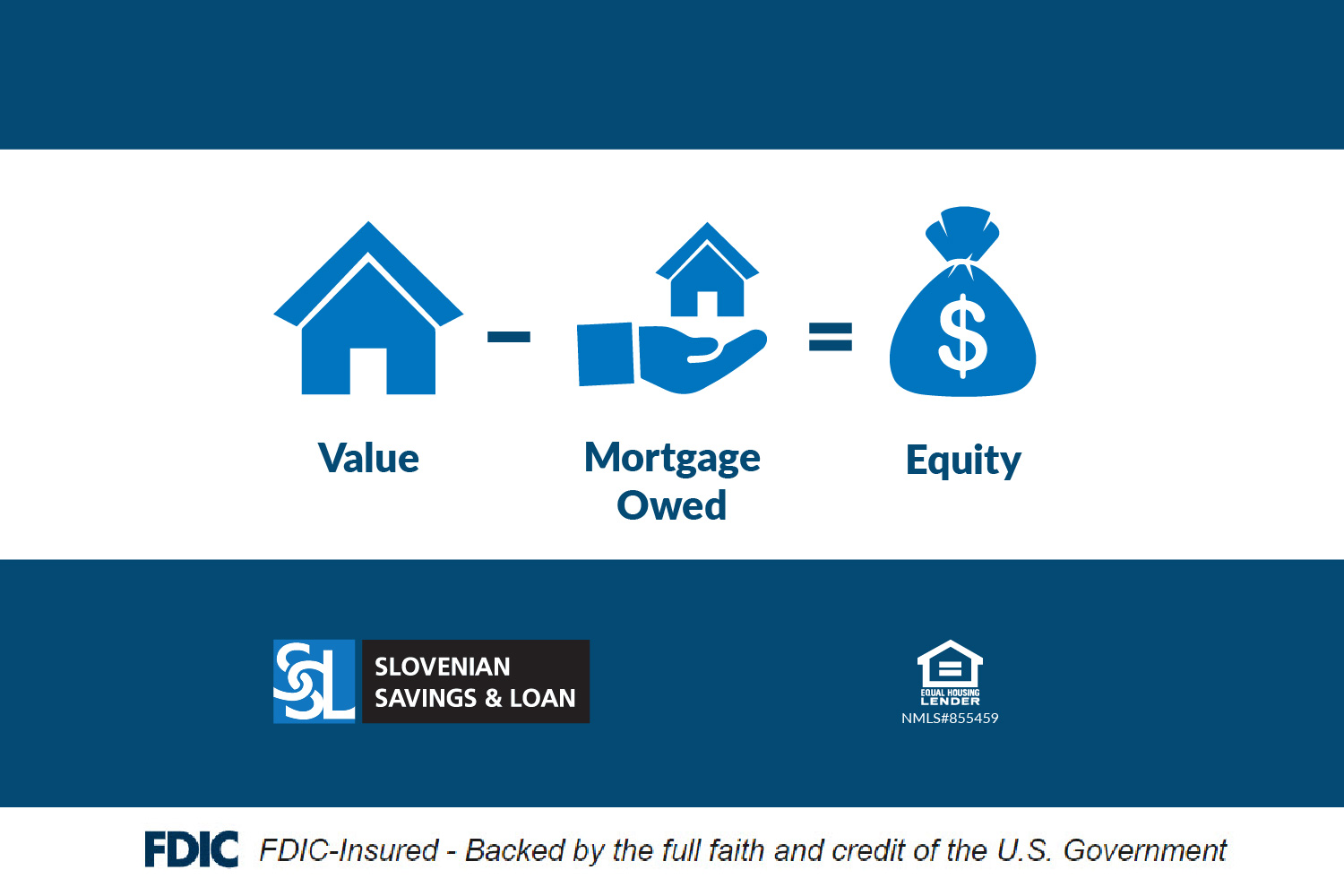Who Can Access Equity Release Mortgages and Why
Who Can Access Equity Release Mortgages and Why
Blog Article
Exploring the Various Sorts Of Equity Release Mortgages Available Today
Equity Release home loans existing different alternatives for property owners aged 55 and over. equity release mortgages. These monetary items accommodate different demands and preferences, enabling people to accessibility funds from their residential property. From lifetime mortgages to common admiration mortgages, each kind provides distinct benefits. Recognizing these choices is crucial for making informed decisions. What elements should one take into consideration when picking one of the most ideal equity Release plan? The information that comply with may clarify this important subject
Comprehending Equity Release Mortgages
Equity Release home loans offer homeowners, generally those aged 55 and over, with a means to access the worth connected up in their residential property without requiring to offer it. This economic alternative allows individuals to transform a portion of their home equity right into cash, which can be utilized for various functions, such as home enhancements, paying off financial debts, or financing retirement.Equity Release can take various kinds, however it fundamentally entails borrowing against the value of the home while preserving possession. Homeowners can select to receive a round figure or a collection of smaller payments, relying on their monetary requirements and preferences.Additionally, the quantity readily available for Release is affected by the building's value, the homeowner's age, and details lending institution requirements. In general, understanding equity Release home loans is important for home owners to make enlightened choices regarding touching into their home's equity while taking into consideration the lasting ramifications.
Lifetime Mortgages
Life time mortgages represent one of the most prominent types of equity Release. This monetary item enables home owners, generally aged 55 or older, to borrow versus the worth of their building while retaining ownership. The car loan, which is safeguarded versus the home, builds up interest over time but does not need regular monthly repayments. Instead, the car loan and accrued interest are repaid when the homeowner dies or moves right into long-term care.Lifetime home mortgages offer versatility, as customers can pick to receive a lump amount or go with a drawdown center, accessing funds as required. Notably, several plans come with a no-negative-equity guarantee, ensuring that borrowers will certainly never owe greater than the worth of their home. This feature provides tranquility of mind, enabling individuals to enjoy their retirement without the anxiety of diminishing their estate. In general, life time home loans serve as a sensible alternative for those seeking financial assistance in later life.
Home Reversion Plans

Drawdown Lifetime Mortgages
While lots of home owners seek methods to access their wide range, drawdown life time home loans provide a flexible alternative that allows individuals to Release funds progressively. This kind of equity Release home mortgage allows home owners to borrow versus the value of their residential or commercial property while keeping possession. Unlike typical lifetime home loans, drawdown plans enable debtors to access a section of their equity upfront and withdraw additional funds as required, up to a predetermined limit.This feature can be especially helpful for those that want to handle their financial resources meticulously, as it minimizes interest buildup by only charging interest on the amounts attracted. In addition, drawdown lifetime home loans usually feature a "no adverse equity warranty," guaranteeing that debtors will certainly never owe more than their home's value. This option fits senior citizens that prefer financial safety and security and flexibility, permitting them to fulfill unanticipated costs or preserve their lifestyle without needing to offer their building.
Boosted Life Time Mortgages
Improved Life time Home loans provide distinct benefits for qualified property owners seeking to Release equity from their buildings. Comprehending the eligibility standards is necessary, as it determines that can gain from these specialized finances. Nevertheless, it is also important to examine the potential downsides connected with improved alternatives, making sure a well-shaped viewpoint on their use.
Qualification Requirements Explained
Comprehending the qualification standards for Boosted Lifetime Mortgages is essential for prospective candidates seeking to access the equity in their homes. Commonly, applicants must be aged 55 or older, as this age demand is basic in the equity Release market. Homeowners must have a building valued at a minimum limit, which can differ by loan provider. Notably, the residential property must be their key residence and in great problem. Lenders often evaluate the house owner's health condition, as particular health conditions may improve qualification and benefits. Additionally, applicants ought to not have existing considerable financial debts secured against the residential property. Fulfilling these standards allows individuals to check out Improved Lifetime Home loans as a feasible choice for accessing funds locked up in Extra resources their homes.
Advantages of Boosted Mortgages
After making clear the qualification requirements, it ends up being obvious that Improved Lifetime Home loans provide a number of substantial benefits for house owners seeking to take advantage of their building equity. Largely, they provide accessibility to a bigger finance quantity compared to standard life time home mortgages, profiting those with health and wellness problems or age-related factors that increase their life expectations danger. This improved borrowing ability enables property owners to meet various economic needs, such as home improvements or retired life costs. Additionally, these home mortgages typically come with adaptable payment options, making it possible for debtors to manage their finances extra successfully. The no-negative-equity guarantee better ensures that homeowners will certainly never owe even more than their property's worth, offering assurance. Generally, Enhanced Life time Home mortgages provide an engaging choice for eligible house owners looking for monetary remedies.
Prospective Downsides Taken Into Consideration
While Enhanced Lifetime Home mortgages offer many benefits, possible drawbacks call for careful consideration. One substantial problem is the influence on inheritance; the equity launched reduces the value of the estate left to beneficiaries. Furthermore, these home loans can build up substantial interest gradually, resulting in a significant financial debt that may surpass the original finance quantity. There may also be limitations on residential or commercial property alterations or rental, limiting property owners' versatility. In addition, boosted products typically call for details wellness problems, meaning not all property owners will certainly certify. Handling the fees and fees associated with these mortgages can be complex, potentially leading to unanticipated prices. Because of this, people must completely evaluate their situation and seek advice from financial advisors prior to continuing.
Shared Recognition Home Loans
Shared Gratitude Home mortgages stand for an unique economic plan that allows home owners to accessibility equity while sharing future building worth boosts with the loan provider. This approach uses potential advantages such as minimized regular monthly payments, yet it also features disadvantages that need to be meticulously thought about. Understanding the qualification requirements is crucial for those thinking about this option.
Idea Overview
Equity Release home mortgages, especially in the type of common recognition mortgages, use homeowners a special economic option that permits them to accessibility funds by leveraging the value of their building. In this setup, a lender provides a financing to the property owner, which is generally repaid with a share of the property's future recognition in worth. This suggests that when the home owner offers the building or dies, the lender gets a portion of the raised value, as opposed to just the preliminary loan amount. Shared recognition mortgages can be appealing for those wanting to supplement their earnings or financing considerable expenditures while retaining ownership of their home. Nevertheless, the monetary ramifications of common recognition have to be thoroughly considered by potential customers.
Advantages and Downsides
Although common recognition home loans can supply substantial economic advantages, they also come with notable drawbacks that potential borrowers need to take into consideration. These home loans allow house owners to gain access to equity in their buildings while sharing a part of any future admiration with the loan provider. This plan can be helpful during times of climbing property values, offering significant funds without month-to-month repayments. Nonetheless, the primary downside is the potential loss of equity; homeowners might wind up with significantly decreased inheritance for successors. Additionally, the complexity of the terms can bring about misconceptions relating to repayment responsibilities and the percent of recognition owed. It is essential for consumers to evaluate these variables carefully before dedicating to a common recognition mortgage.

Eligibility Demands
What criteria must house owners meet to get a common appreciation home loan? Primarily, candidates need to go to least 55 years old, assuring they are within the target demographic for equity Release items. In addition, the residential or commercial property must be their main house and usually valued over a defined minimum limit, often around ? 100,000. Lenders likewise analyze the house owner's economic circumstances, including income and arrearages, to determine they can handle the home loan sensibly. Notably, the property must be in great condition and complimentary from considerable lawful encumbrances. House owners must likewise have a clear understanding of the terms, consisting of exactly how recognition will be shown the lender upon sale or transfer of the residential property, as this influences total returns.
Selecting the Right Equity Release Option

Frequently Asked Inquiries
What Age Do I Need to Be for Equity Release?
The age requirement for equity Release normally starts at 55 for the majority of strategies. However, some service providers might provide alternatives for those aged 60 and above, reflecting differing terms based on specific situations and lending institution policies.
Will Equity Release Impact My Inheritance?
Equity Release can impact inheritance, as the amount obtained plus passion minimizes the estate's value. Heirs might get much less than expected, depending upon the home's appreciation and the complete debt at the time of passing.
Can I Move Home With Equity Release?
The inquiry of relocating residence with equity Release occurs often. Normally, people can move their equity Release plan to a brand-new building, but particular conditions might use, requiring examination like it with the lending institution for guidance.
Are There Fees Associated With Equity Release Mortgages?
Fees related to equity Release home loans can include plan charges, assessment costs, and legal costs. Additionally, there might be very early settlement costs, which can affect the overall cost and financial implications for the borrower.
Just How Does Equity Release Effect My Tax Situation?
Equity Release can impact one's tax scenario by possibly increasing taxable earnings, as launched funds are thought about capital. It typically does not incur prompt tax liabilities, making it necessary to seek advice from a financial consultant for customized advice.
Final thought
In summary, the range of equity Release home loans available today uses home owners aged 55 and over numerous pathways to access their building's worth - equity release mortgages. Whether choosing a lifetime home loan, home reversion strategy, or other choices, each choice offers distinct benefits customized to private economic needs. Cautious factor to consider and assessment with an economic consultant are important to assure the chosen equity Release remedy aligns with economic conditions and personal goals, eventually promoting informed decision-making for a safe economic future. Equity Release mortgages present different choices for home owners aged 55 and over. Equity Release home loans supply home owners, generally those aged 55 and over, with a way to access the value connected up in their building without requiring to sell it. Boosted Lifetime Home mortgages supply distinct advantages for qualified home owners looking for to Release equity from their homes. Equity Release home loans, especially in the form of common appreciation mortgages, use home owners an one-of-a-kind economic service that allows them to accessibility funds by leveraging the worth of their home. In summary, the variety of equity Release home loans offered today provides homeowners aged 55 and over multiple paths to access their building's worth
Report this page